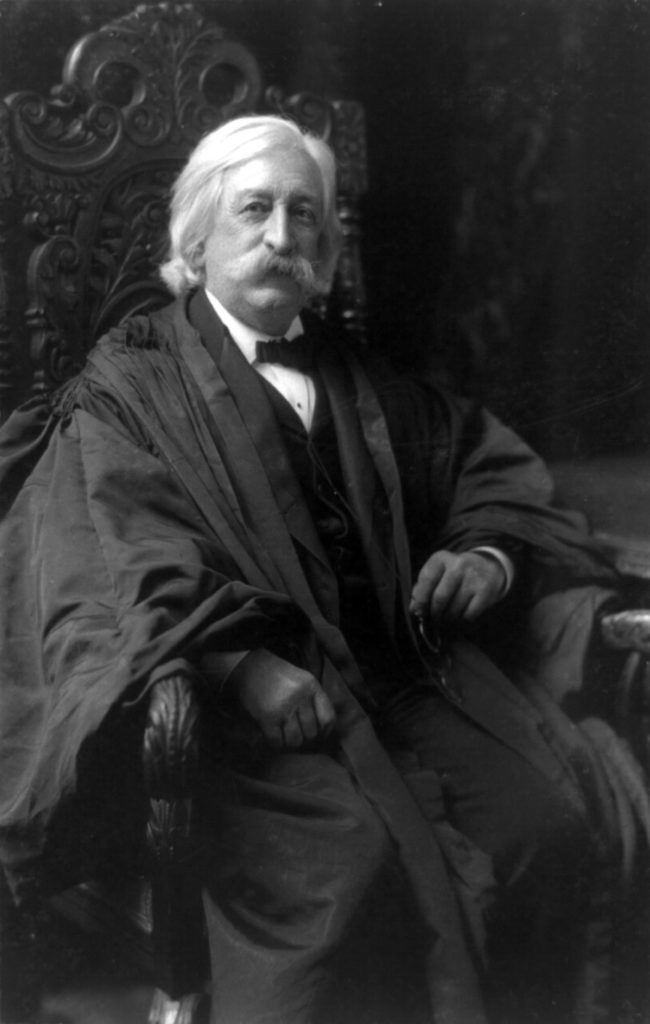The Neoconfederate Judiciary

Ian Millhiser has a good, comprehensive study about the remarkable impact that Trump has had on the federal courts — not only has he named almost as many circuit court nominees as Obama did in two terms, his are somewhat more ideologically reliable and a lot younger. The impact of this is going to be far-reaching indeed:
Judges, by contrast, have become the most consequential policymakers in the nation. They have gutted America’s campaign finance law and dismantled much of the Voting Rights Act. They have allowed states to deny health coverage to millions of Americans. They’ve held that religion can be wielded as a sword to cut away the rights of others. They’ve drastically watered down the federal ban on sexual harassment. And that barely scratches the surface.
The judiciary is where policy is made in the United States. And that policy is likely to be made by Republican judges for the foreseeable future.
There are likely now five votes on the Supreme Court, for example, to effectively give the judiciary a veto power over all federal regulations. Similarly, the Court’s decision in Burwell v. Hobby Lobby (2014) signals that religious conservatives may now ask the judiciary for an exemption from any law — and courts are likely to become quite generous in passing out such exemptions in the coming years. Republicans spent most of 2017 trying and failing to repeal Obamacare — but that failure means little to a federal appeals court that is expected to strike down the Affordable Care Act any day now.
And that’s not all.In the coming months, the courts are poisedto gut abortion rights, eviscerate gun control, and neuterlandmark environmental laws. Federal judges have already stripped workers of their ability to assert many of their rights against their employers, and this process is likely to accelerate in the near future. Many of our voting rights lay in tatters, thanks to conservative judicial appointments, and this process is likely to accelerate as well.
When Congress has been unable to function, the executive branch has relied on existing federal laws that delegate some policymaking authority to federal agencies, in order to deal with many of the nation’s pressing needs. But with the Supreme Court poised to give judges a veto power over these agencies’ actions, the courts could in effect strike down any regulation they dislike. In a Republican-controlled judiciary, this likely means that Republican administrations will retain broad discretionary authority, but Democratic administrations will be hobbled.
We’re poised to return to the government-by-judiciary of the Gilded Age, and as with the Gilded Age the content of that policy is going to be consistently terrible.
There’s lots of good stuff in the piece about how we got here, but we’ll come back to that in another post.
